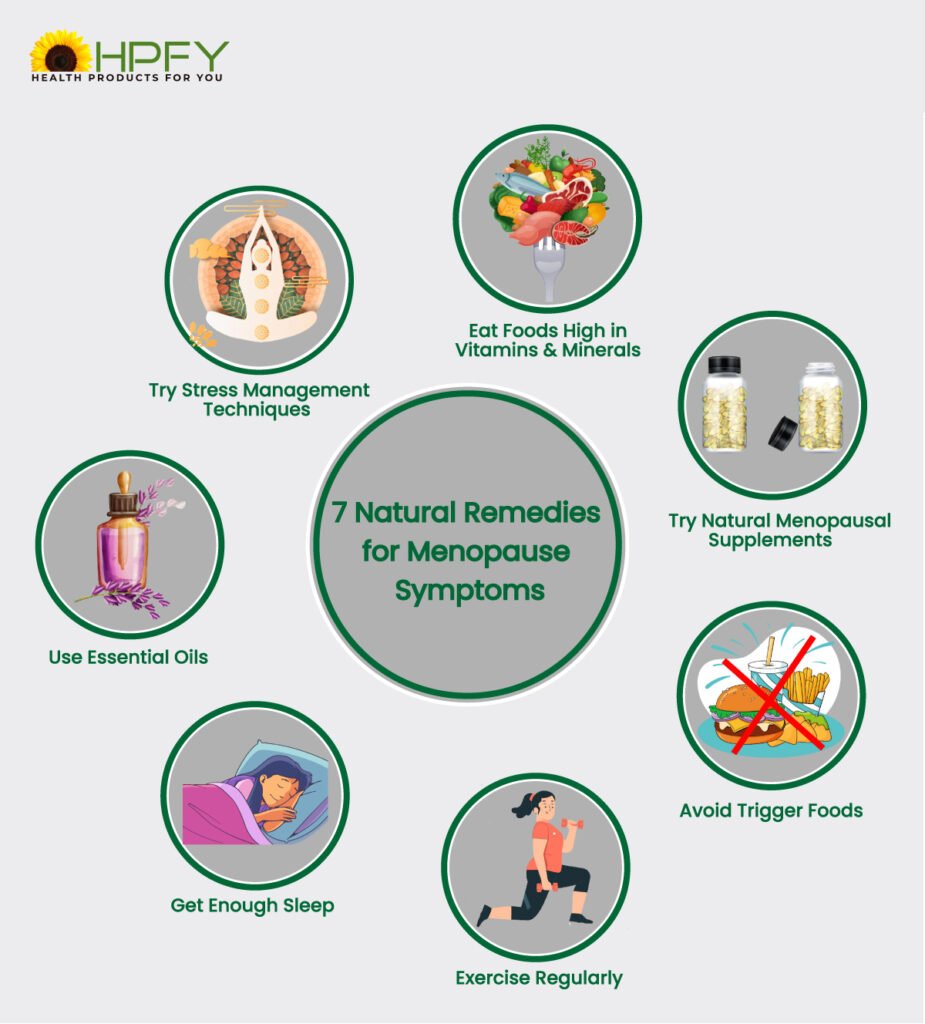Women’s health services providers play an essential role in addressing the unique health needs of women across all life stages. From adolescence to menopause and beyond, women face distinct health challenges that require specialised care. These physicians offer expert advice, treatment, and guidance for a wide range of issues, from reproductive health to preventive care and mental health. This article will highlight the important role of physicians in women’s health care and explain how they improve the overall well-being of women at every stage of life.
What is the Role of Physicians in Women’s Health?
Women’s health specialists are medical professionals who specialise in conditions and diseases that affect women. These specialists, such as gynaecologists, obstetricians, and other healthcare providers, offer comprehensive care that includes medical, preventive, and emotional support. Here’s an overview of the key roles these physicians play in providing health care for women:
How Women’s Health Care Provide Reproductive Health?
Physicians specializing in women’s health manage a variety of reproductive issues, from menstruation irregularities to fertility problems and prenatal care. i.e
What are the Best treatments for Women’s Reproductive Health?
Fertility Treatments:
They assist women with infertility issues by offering treatment options like hormone replacement therapy (HRT) and lifestyle change recommendations.
Prenatal Care
Obstetricians guide women through pregnancy by monitoring fetal development, managing complications, and providing prenatal care.
Treatment for Reproductive Disorders
Physicians diagnose and treat conditions such as endometriosis, polycystic ovarrian syndrome (PCOS), and uterine fibroids.
Preventive Care for Women’s Health
Regular preventive care is vital to detect health issues early and prevent more serious conditions.
- Routine Screenings: Mammograms, Pap smears, and pelvic exams are essential for early detection of cancers, including breast and cervical cancer.
- Vaccinations and Wellness Checkups: Regular checkups and vaccinations help maintain long-term health and catch any potential health issues early.
- Guidance on Healthy Lifestyle: Physicians for women’s health advise women on proper nutrition, exercise, and mental well-being, which can help prevent chronic diseases.

How do Gynecologists Manage Menopause and Hormonal Changes?
As women approach middle age, they experience significant hormonal changes, most notably during menopause. These changes can affect various aspects of a female’s health. Physicians specializing in women’s health are essential in managing these transitions and alleviating symptoms associated with hormonal fluctuations.
Menopause Symptoms Management
Symptoms such as hot flashes, night sweats, and mood swings are common during menopause. Women’s health physicians provide treatment options to manage these symptoms and improve quality of life.

Hormone Replacement Therapy (HRT):
HRT is a common treatment for alleviating menopause symptoms. Physicians help women determine if HRT is right for them and guide them through the process.
Managing Vaginal Dryness and Sleep Issues:
Physicians provide therapies to help manage vaginal dryness, sleep disturbances, and other common menopause-related symptoms.
Preventing Osteoporosis
After menopause, the risk of osteoporosis increases due to lower estrogen levels. Physicians for women’s health monitor bone density and suggest preventive measures to reduce the risk of fractures and osteoporosis-related complications.
How do Women’s Health Physicians Provide Emotional Support?
Mental health is a critical component of overall well-being, particularly for women going through hormonal changes or dealing with life’s challenges. Women’s health care providers recognize the connection between physical and mental health and are equipped to address these concerns.
Addressing Mood Disorders
Many women experience anxiety, depression, or mood swings, especially during major life changes like prenatal, postpartum, or menopause. Physicians provide mental health screenings and treatment options to help women cope.
Postpartum Depression
New mothers may experience postpartum depression. Gynaecologists offer counselling and treatment to help manage this condition and support mental well-being.
Stress and Anxiety:
Physicians for women’s health can recommend stress-reduction techniques, counselling, or medications to help manage mental health challenges during significant life transitions.
How Gynecologists Build Trust and Provide Emotional Support For Women’s Health?
Care for the health of women is not just about medical expertise; it is also about building trust and providing compassionate care. Many women feel vulnerable discussing sensitive health issues, so it is important to feel comfortable with their physician providing women’s health services.
Empathetic Patient-Physician Relationship
Physicians for women’s health create a supportive and non-judgmental environment, allowing women to feel heard and understood. This fosters a strong patient-physician relationship built on trust.
Confidential and Respectful Care
A compassionate physician ensures women feel respected and their privacy is protected when discussing intimate health concerns.
Why Physicians for Women’s Health Are Essential?
Physicians who specialize in women’s health are invaluable in addressing the complex and ever-changing health needs of women. From adolescence through menopause and beyond, these specialists ensure health care for women that is tailored to their unique physical, emotional, and hormonal needs.
Comprehensive Care
Physicians for women’s health provide a wide range of services, including reproductive care, preventive care, mental health support, and management of menopause and other hormonal changes.
Holistic Approach
These specialists take a holistic approach to health, ensuring that physical health, emotional well-being, and overall quality of life are all addressed.
Empowering Women
Physicians for Women’s Health empower women to take control of their health through education, regular screenings, and personalized care plans.
Conclusion
In conclusion, physicians specializing in women’s health play a crucial role in addressing the unique health needs of women at every stage of life. From reproductive care and preventive screenings to managing menopause and providing emotional support, these healthcare professionals ensure comprehensive, personalized care. By understanding the importance of specialized care and seeking guidance from experienced women’s health physicians, women can make informed decisions, improve their overall well-being, and live healthier lives. If you’re looking for expert advice on women’s health, consult a trusted physician today to take proactive steps towards your wellness.

